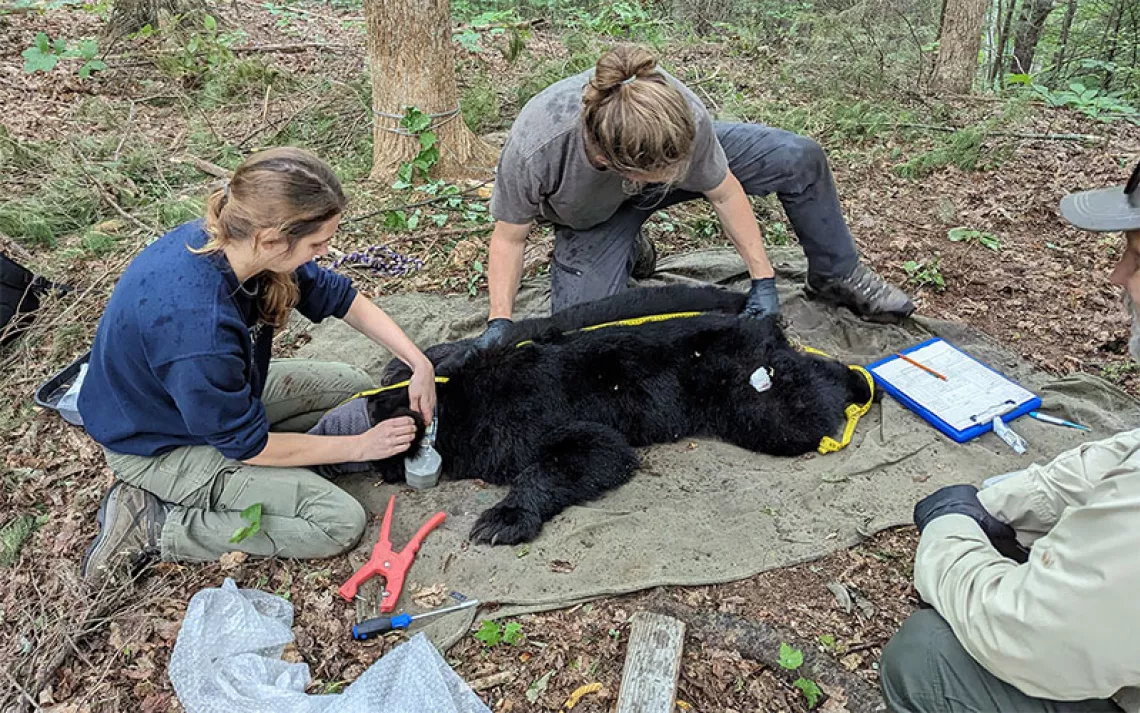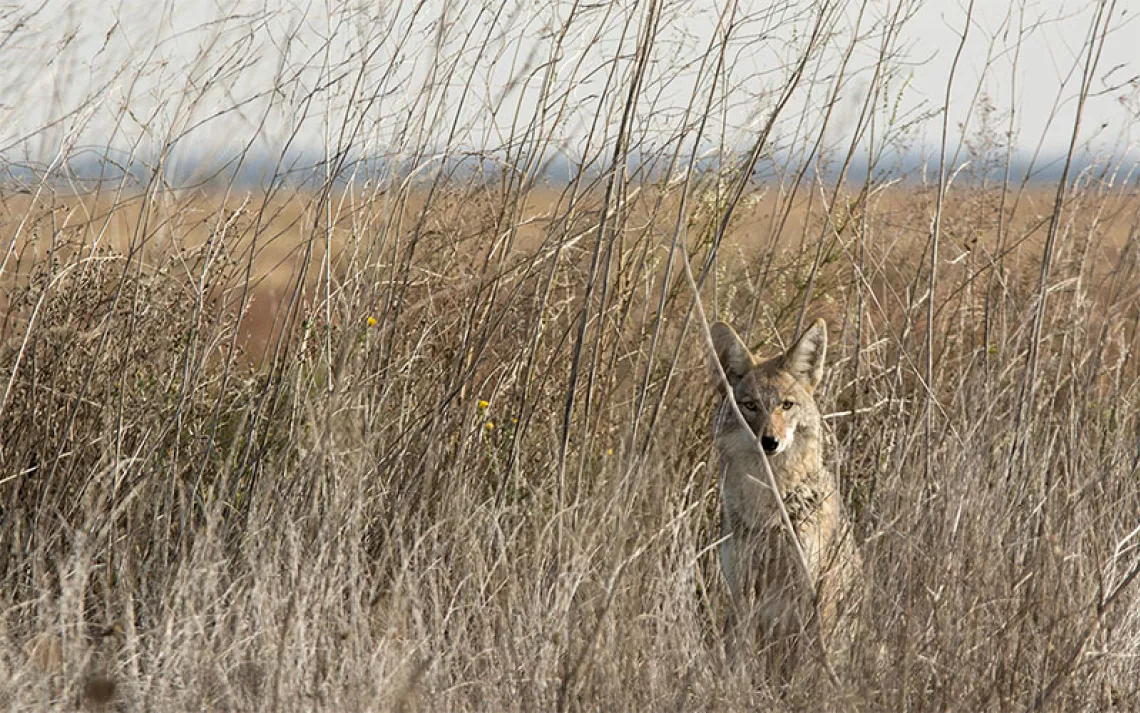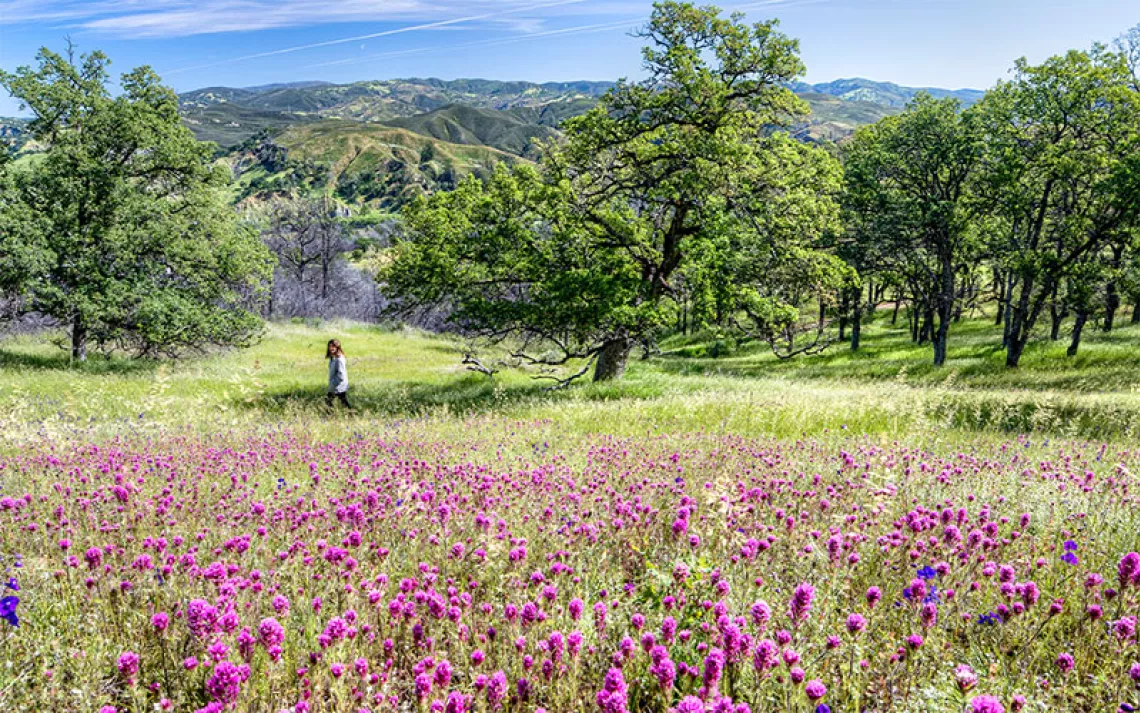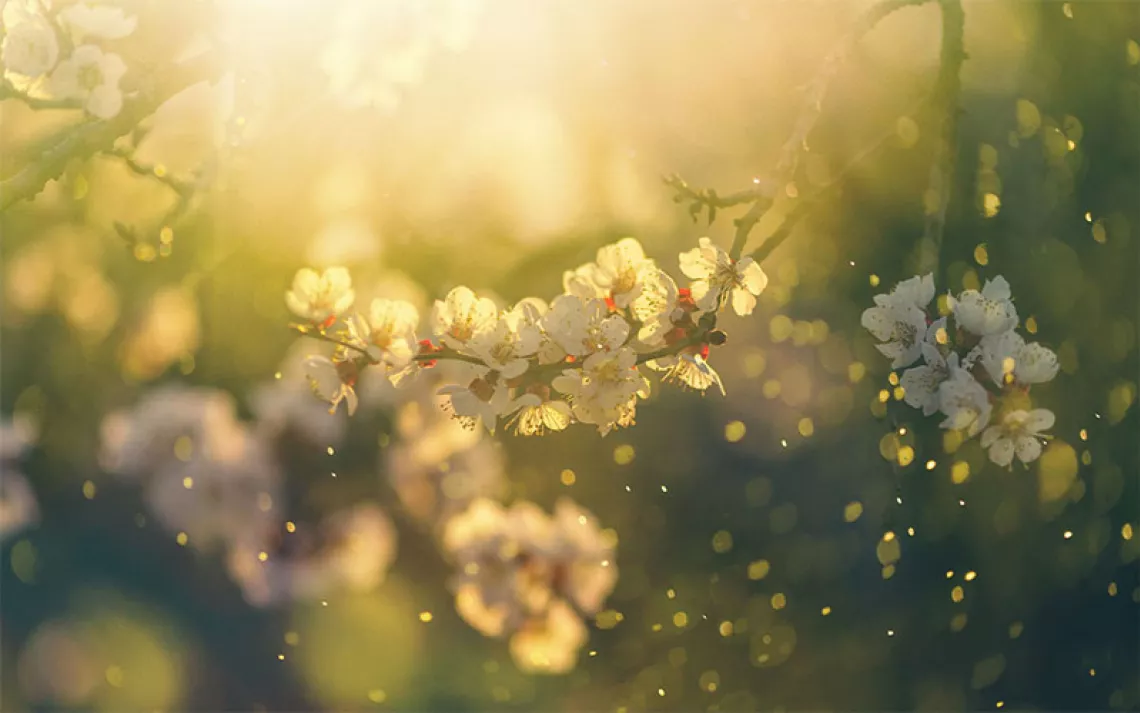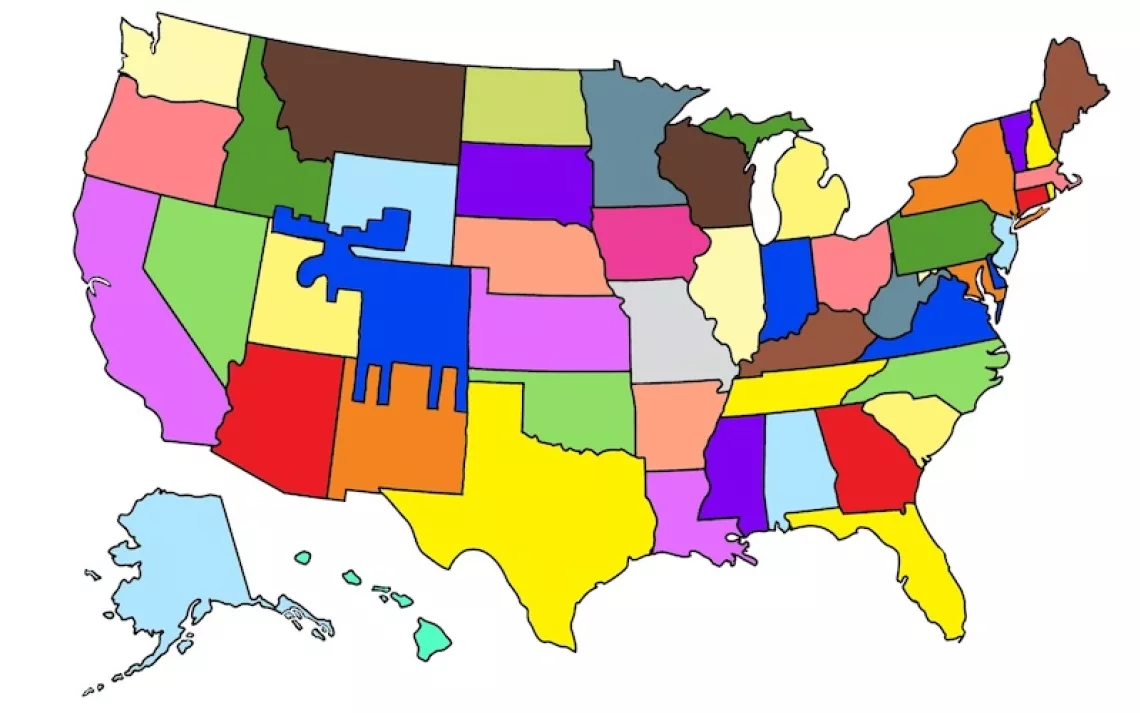Wildness Is Everywhere
How Queens taught me there's no wrong kind of nature
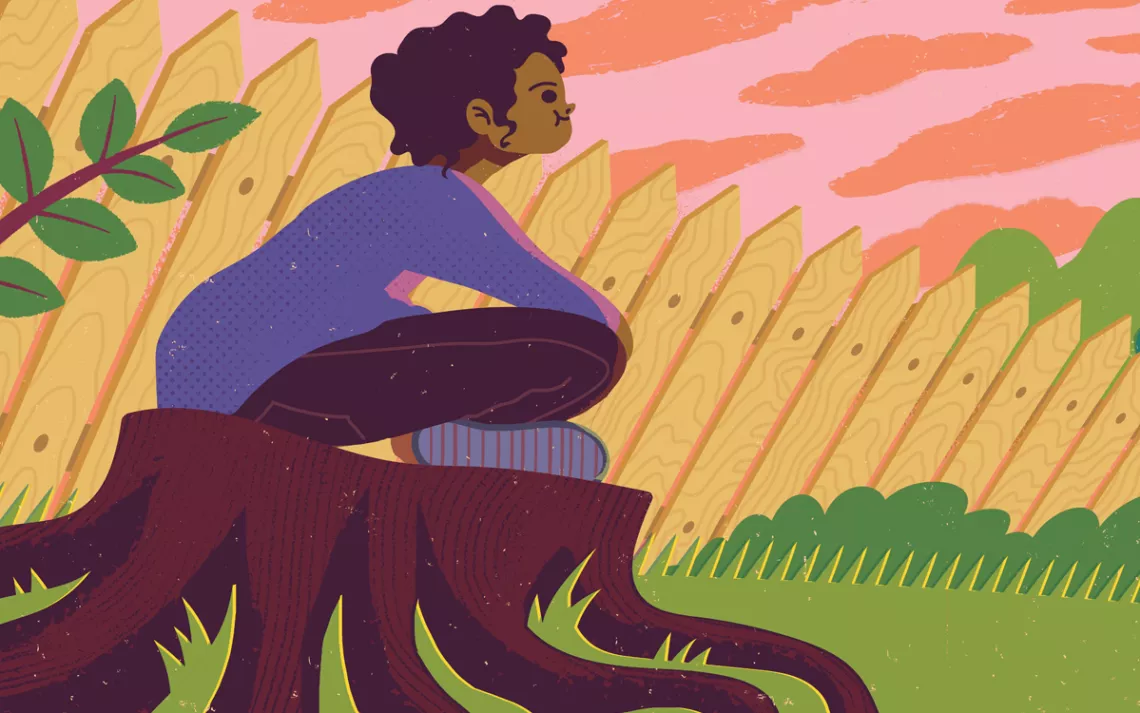
Illustration by Joan Alturo
When my parents first moved us into the house on 69th Street, I observed my new home from a stump in the backyard. The houses on that block in Queens, New York, were attached to one another like an unsliced loaf of bread, and our little brown sliver was indistinguishable from the rest. The backyards, however, were as unique as planets. To the left was a rectangle that was a shade of green I'd only witnessed on the head of my Chia Pet. To the right was a wilderness of weeds. Our yard was the most special of all, because once upon a time, a beautiful tree lived there.
If I loved my backyard as a kid, it was only because I hadn't yet learned to be ashamed of it. As a teenager at a private high school, I became conscious of the way my peers recognized students like me for what we lacked. When I came back from a friend's summer house, I realized my backyard was the same size as her driveway. When I invited another friend to visit me, she asked, "What's that?" when an airplane flew over our house. Like a dog whistle that can't be heard by human ears, the planes were inaudible to me. I was humiliated that I hadn't noticed they flew over every 15 minutes.
I was quick to name my childhood in Queens as the reason I had never slept in a tent or known the names, Latin or otherwise, of any flowers or trees. The people I knew who had grown up in suburbs and summer homes bought my story, I suppose, because it was consistent with a narrative we'd all learned from the movies and the stories that charities told about city kids, especially ones like me, the ones who weren't white. Yes, I assured them, I had grown up deprived.
But recently, I've started to wonder if I've been lying. Even though we didn't jump into lakes, we did have a pool once. We didn't start fires with sticks, but we grilled meat every summer. And I didn't know how to garden, but I learned that the weeds in my neighbors' backyard were called okra. Whenever they left a bag of it on our doorstep, my mother would hand it off to me. "Here," she would say, "don't you like this stuff?"
My neighborhood—where our neighbors lived so close to us that our bedrooms smelled like whatever was cooking on their stoves—was its own rare ecosystem. Beyond the grass in our yard, there was nature everywhere—human nature. The woman from Pakistan invited me inside to look at her dolls. The woman next to her, the oldest resident in Woodside, praised our family for preserving the Tudor facade on our home. And just as I started to spend my nights talking to twin boys through the yard fence, my father boarded it up. Our conversations abruptly ended, but so did my father's peace of mind once he saw that we reconvened on the front porch. All that time, I was learning so much about nature, about animals, about the curious species that is us.
It's taken me just shy of three decades to understand that there's no wrong kind of nature, and no need to ever feel ashamed. I first slept in a tent when I was 23, but when I was six, I had my own stump. Whenever I dare think of myself as having been deprived, I hear a kid's voice like a real estate agent's. "Look," the kid says—with a soft lisp—"this stump grew from a sapling on this ground here in front of you! And do you know about okra? The farm next door is organic." And then I'm excited. It's my turn to ask questions, so I say to her, "Do you ever dream of exploring our one finite world? The planes fly so close here, your heart might leap onto a wing." The little kid quiets, not understanding, but all I mean is that there are many inspiring places to grow up. What I mean is, she's right—that stump was a tree once. What I mean is that, truly, it was a beautiful stump.
This article appeared in the January/February 2020 edition with the headline "A Stump Sits in Queens."
 The Magazine of The Sierra Club
The Magazine of The Sierra Club
